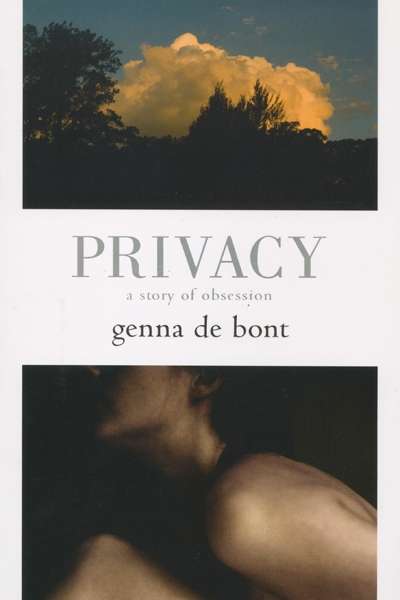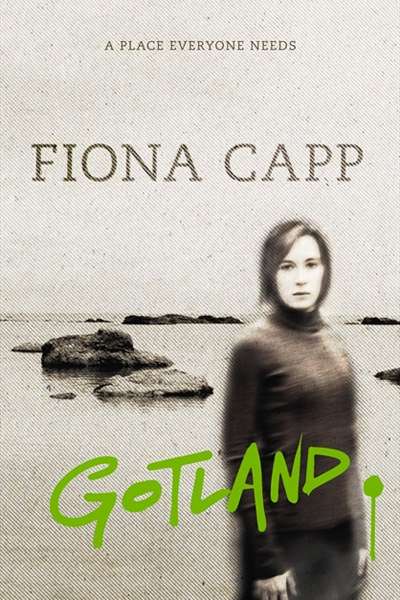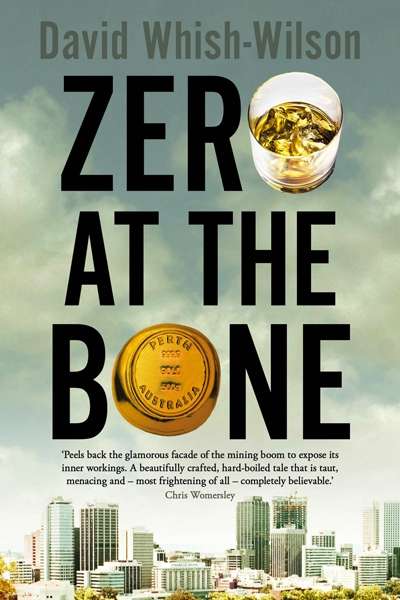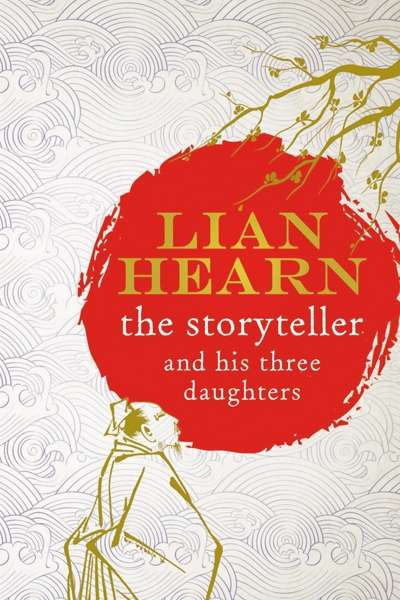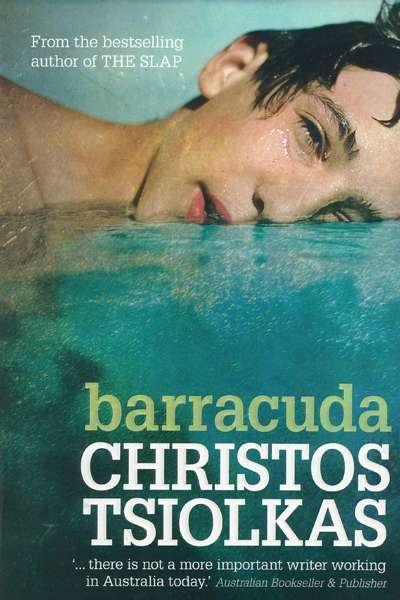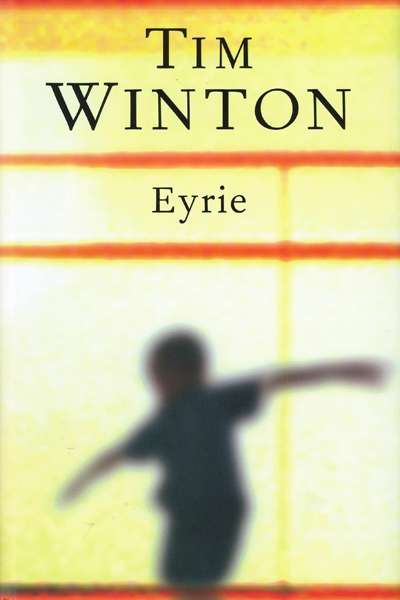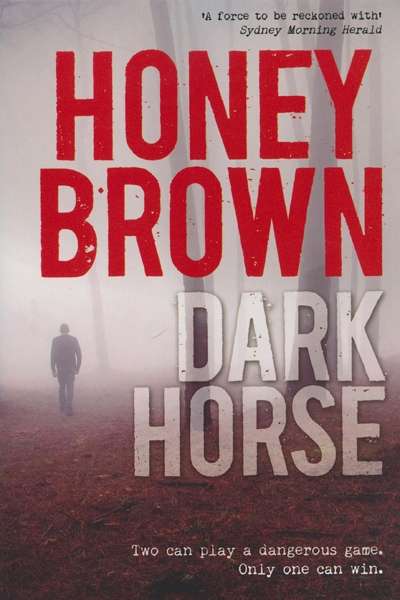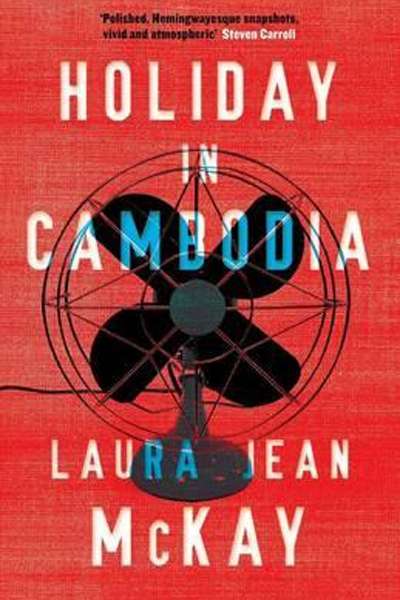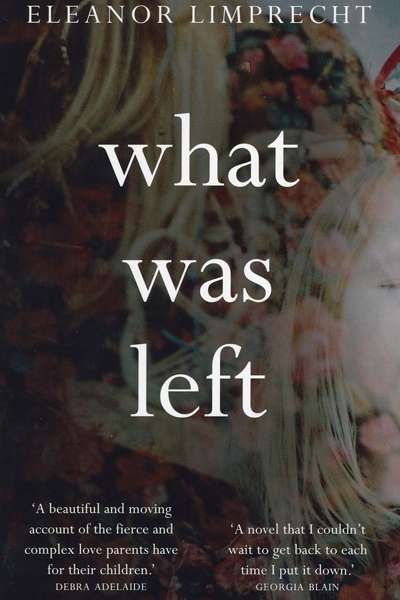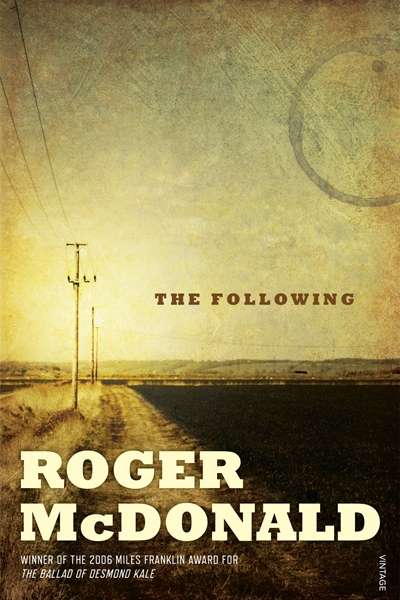Fiction
Privacy is an elusive concept. As Jonathan Franzen notes in his essay ‘Imperial Bedroom’ (2002), it is defined by negativity – freedom from interference, from disturbance, from observation – but resists any positive explanation. Privacy, Genna de Bont’s second novel, explores this slippery idea and uses privacy’s nebulous existence to call into question its relationship with exhibitionism, surveillance, sex, and morality.
... (read more)While I was reading this compelling but occasionally problematic novel, I started thinking about Oscar Wilde. Pretentious? Moi? The thing is, when I’m torn between opposing views of the same thing, I tend to think of Wilde’s The Ballad of Reading Gaol … ‘two men looked out from prison bars, one saw mud, the other stars’. So I found myself in two minds about this book, mainly because, two thirds of the way through, I began to lose sympathy for the main character, Esther Chatwin, wife of a contemporary Australian prime minister (no one we know), a woman none too keen on her role.
... (read more)In Zero at the Bone, David Whish-Wilson envisions Perth in 1979 at the height of a major gold mining revival stimulated by price increases associated with the end of the gold standard in 1971. Perth is booming, and the culture of greed and excess that will characterise the 1980s is already well entrenched.
... (read more)The Storyteller and his Three Daughters by Lian Hearn & Henry Black by Ian McArthur
For centuries, Japan has magnetised the West’s imagination, evoking both fear and fascination. In the late nineteenth century, when most writers and readers in Europe, North America, and Australia had yet to see this ‘young’, newly accessible country for themselves, literary fantasies on the Madam Butterfly theme became a craze. Then, after Japan invaded its neighbours and defeated the Russian fleet, invasion fiction and drama flourished. Later, stories about geisha and yakuza served the same two purposes, attracting some and frightening others. Many readers are better informed now, yet the ‘Lost in Translation’ genre continues to cater to those who prefer Japan to remain weird and inscrutable, while ‘Last Samurai’ narrativesenable others to fantasise about the virtues of a past, more civilised age. Anime and manga continue to fascinate their fans across the world. There is a nascent revival interest in rakugo; surprisingly, the authors responsible for introducing it to Western readers are Australians.
... (read more)Rosemary Sorensen review Christos Tsolkas’s new novel, Barracuda, another bracing study of masculinity, this time focusing on an ambitious and conflicted young swimmer at a Melbourne private school.
... (read more)In a notable month for major new Australian fiction, Tim Winton’s Eyrie stands out. Brian Matthews reviews this darkly funny novel – ‘a scarifying assessment of the way we live now’
... (read more)Dark Horse is the latest book from Victorian author Honey Brown. The novel tells of lust and lies between two strangers who come together in an appropriately secluded rural location.
... (read more)Seamlessly extending from the French occupation of Cambodia to the horrors of the Khmer Rouge and the current tourism industry, Laura Jean McKay’s début short story collection, Holiday in Cambodia, is a powerful portrait of a country long-affected by war and poverty. McKay’s knowledge of the Cambodian landscape underpins the collection. She evokes peak-hour from a motorbike, where ‘everything looks like bushfire, like nicotine’, and notes the forgotten landmines of neighbouring paddocks, which ‘travel like worms’ through loosening earth. In one of the shortest and most affecting pieces, ‘A Thousand Cobs of Corn’, a Cambodian woman looks down at her husband’s hands in the night, ‘which have shaken since he was a boy soldier’.
... (read more)Our instinctual reaction to parents who leave their children is one of suspicion. ‘Child abandonment’ elicits such images as a swaddled foundling in the woods, a parent in a train station losing hold of her child’s hand and disappearing into the crowd, or an anonymous baby hatch in a hospital. The presumption is that a mother (fathers are usually spared this judgement) abandons her child because of some shortcoming: poverty, selfishness, capriciousness. Eleanor Limprecht was prompted to write this novel by a newspaper headline at the time of the birth of her first child when a baby was abandoned at Dandenong Hospital. It asked, ‘How Could She?’
... (read more)Towards the end of Saul Bellow’s Humboldt’s Gift (1975), at the poet Von Humboldt Fleisher’s funeral on an April day in Chicago, Menasha Klinger, one of three mourners, points to a spring flower and asks Charlie Citrine, the novel’s narrator, to identify it. ‘Search me,’ Citrine replies, ‘I’m a city boy myself. They must be crocuses.’ This exchange has stayed with me for some thirty-five years. I, too, am a city boy, and couldn’t identify a crocus if I saw one.
... (read more)
